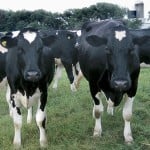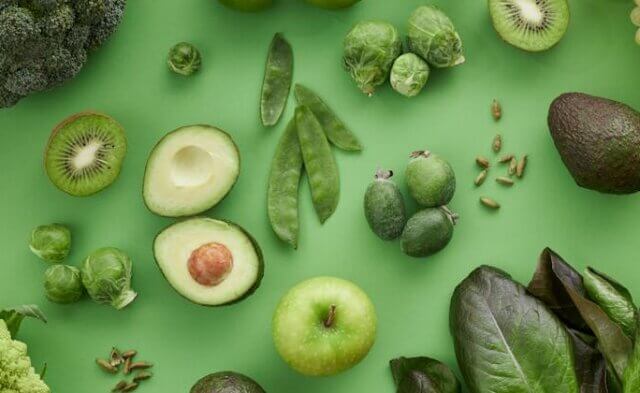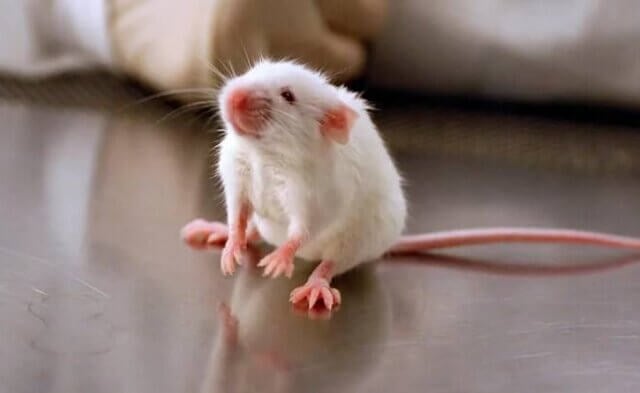
Now, milk stands accused of theft by deception, robbing us of better health while masquerading as a nutritious food. And the evidence against milk is mounting.
In a just-released 20-year study of more than 100,000 people, Swedish researchers found that there was no reduction in broken bones for the men who drank the most milk and that the women who consumed the most were more likely to sustain fractures.
These findings echo the results of numerous medical studies that indicate that rather than preventing the disease, milk may actually increase women’s risk of getting osteoporosis. The Harvard Nurses’ Health Study of more than 77,000 women ages 34 to 59 found that those who consumed two or more glasses of milk per day had higher risks of broken hips and arms than those who drank one glass or less per day. And although American women consume tremendous amounts of calcium, their rates of osteoporosis are among the highest in the world. Conversely, people in China consume half as much calcium—most of it from plant sources—and they have a low incidence of the bone disease.
So what gives? The answer may lie in the fact that animal proteins produce poisonous byproducts when they’re broken down, so our bodies buffer the toxins with calcium before eliminating them. After ingesting cow’s milk, our bodies have to use the calcium in the milk plus calcium stored elsewhere, including in our bones, to accomplish that. So for every glass of milk we drink, more and more calcium is leached from our bones.
According to T. Colin Campbell, a professor of nutritional biochemistry at Cornell University, “The association between the intake of animal protein and fracture rates appears to be as strong as that between cigarette smoking and lung cancer.”
In addition, milk is a high-calorie drink choice. As Aaron E. Carroll, professor of pediatrics at Indiana University School of Medicine, observed in The New York Times, “Even if people drink nonfat milk, three cups a day can mean an additional 250 calories consumed. Low-fat or whole milk has even more calories. In an era when every other caloric beverage is being marginalized because of obesity concerns, it’s odd that milk continues to get a pass.”
No wonder calves gain hundreds of pounds in a matter of months, sometimes weighing more than 1,000 pounds before they’re 2 years old.
As Pastor Rick Warren, author of the scripture-based health and fitness book The Daniel Plan: 40 Days to a Healthier Life, puts it, “We have been taught that milk is nature’s perfect food. It is. For a calf!” According to Warren, even B.C.-era folks knew that cow’s milk wasn’t meant for humans. He strongly recommends that we A.D. people avoid it as well to maintain a healthy weight and to guard against a long list of ailments, including congestion, asthma, sinus problems, ear infections in young children, rashes, eczema, autoimmune diseases, and type 1 diabetes.
With the massive amount of evidence that milk actually does a body bad, it’s not surprising that milk consumption has dropped 25 percent since 1975. Nondairy milks, meanwhile, have been flying off the shelves, averaging annual sales growth of 10.9 percent since 1999. Many nondairy options are fortified with calcium and other vitamins, and several offer a lot of protein with fewer calories. And of course, they are all free of the saturated fat, cholesterol, and cruelty associated with dairy products. For those who don’t favor frothy white beverages, numerous foods—including kale, black-eyed peas, almonds, white beans, oranges, seaweed, and sesame seeds—are loaded with calcium that our bones can easily absorb.
So when you see those cunning ads asking if you’ve “got milk?” you should see through the hype and confidently answer no.




